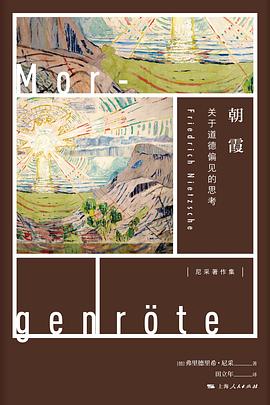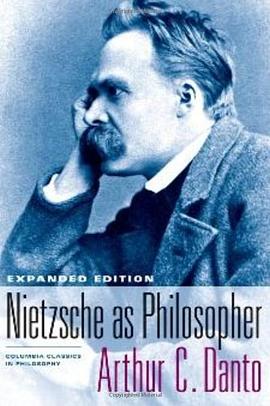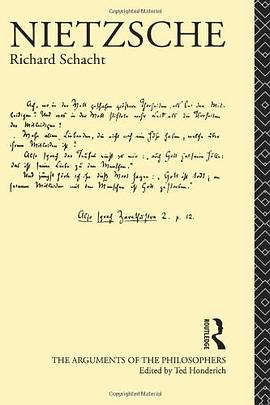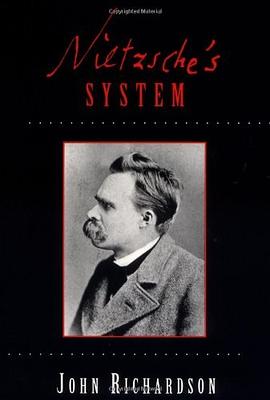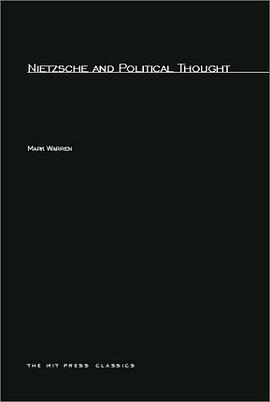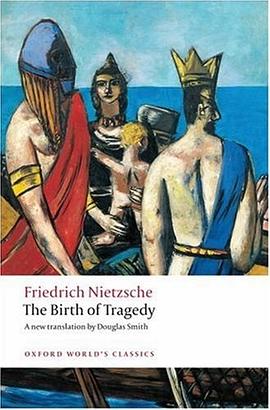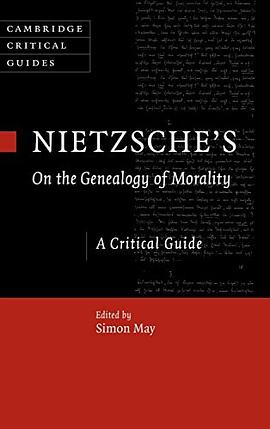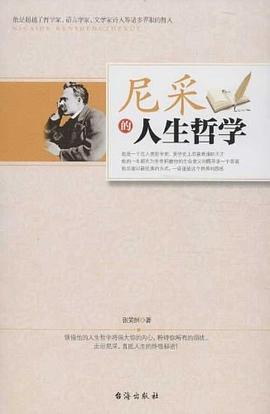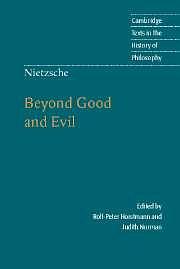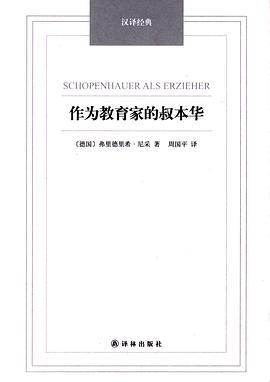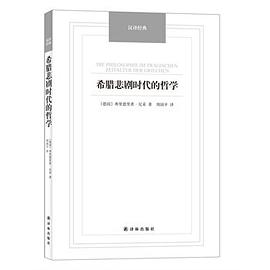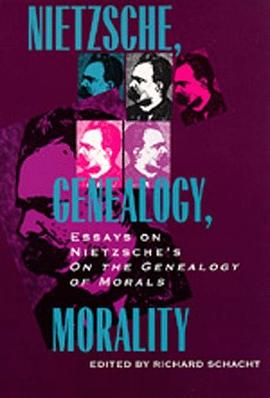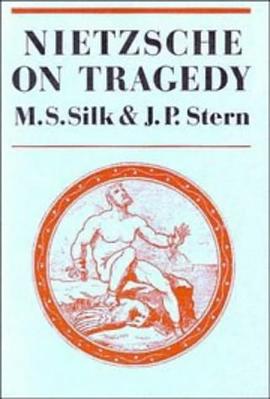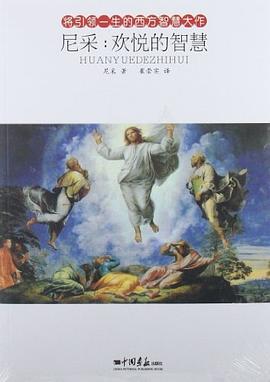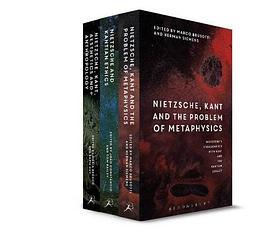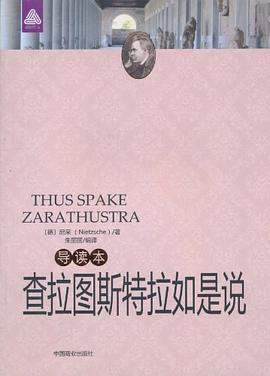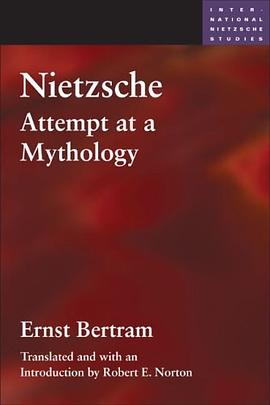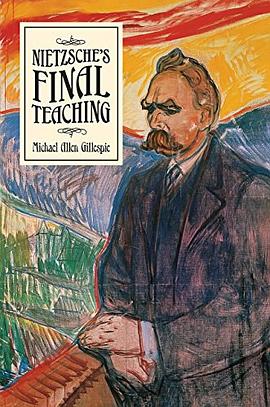

In the seven and a half years before his collapse into madness, Nietzsche completed Thus Spoke Zarathustra, the best-selling and most widely read philosophical work of all time, as well as six additional works that are today considered required reading for Western intellectuals. Together, these works mark the final period of Nietzsche’s thought, when he developed a new, more profound, and more systematic teaching rooted in the idea of the eternal recurrence, which he considered his deepest thought.
Cutting against the grain of most current Nietzsche scholarship, Michael Allen Gillespie presents the thought of the late Nietzsche as Nietzsche himself intended, drawing not only on his published works but on the plans for the works he was unable to complete, which can be found throughout his notes and correspondence. Gillespie argues that the idea of the eternal recurrence transformed Nietzsche’s thinking from 1881 to 1889. It provided both the basis for his rejection of traditional metaphysics and the grounding for the new logic, ontology, theology, and anthropology he intended to create with the aim of a fundamental transformation of European civilization, a “revaluation of all values.” Nietzsche first broached the idea of the eternal recurrence in Thus Spoke Zarathustra, but its failure to gain attention or public acceptance led him to present the idea again through a series of works intended to culminate in a never-completed magnum opus. Nietzsche believed this idea would enable the redemption of humanity. At the same time, he recognized its terrifying, apocalyptic consequences, since it would also produce wars of unprecedented ferocity and destruction. Through his careful analysis, Gillespie reveals a more radical and more dangerous Nietzsche than the humanistic or democratic Nietzsche we commonly think of today, but also a Nietzsche who was deeply at odds with the Nietzsche imagined to be the forefather of Fascism.
Gillespie’s essays examine Nietzsche’s final teaching—its components and its political, philosophical, and theological significance. The book concludes with a critical examination and a reflection on its meaning for us today.
具体描述
读后感
gillespie对永恒复返的解读甚为大胆,不过从尼采对事物的联结的信念来看这种解读似乎无可避免,不过gillespie没提及的是这样的话似乎每个人都在某种意义上已经“意愿”永恒复返了,那肯定永恒复返就只是承认关于意愿结构的事实了。总之无论永恒复返还是超人都不是尼采多么成功...
评分gillespie对永恒复返的解读甚为大胆,不过从尼采对事物的联结的信念来看这种解读似乎无可避免,不过gillespie没提及的是这样的话似乎每个人都在某种意义上已经“意愿”永恒复返了,那肯定永恒复返就只是承认关于意愿结构的事实了。总之无论永恒复返还是超人都不是尼采多么成功...
评分gillespie对永恒复返的解读甚为大胆,不过从尼采对事物的联结的信念来看这种解读似乎无可避免,不过gillespie没提及的是这样的话似乎每个人都在某种意义上已经“意愿”永恒复返了,那肯定永恒复返就只是承认关于意愿结构的事实了。总之无论永恒复返还是超人都不是尼采多么成功...
评分gillespie对永恒复返的解读甚为大胆,不过从尼采对事物的联结的信念来看这种解读似乎无可避免,不过gillespie没提及的是这样的话似乎每个人都在某种意义上已经“意愿”永恒复返了,那肯定永恒复返就只是承认关于意愿结构的事实了。总之无论永恒复返还是超人都不是尼采多么成功...
评分gillespie对永恒复返的解读甚为大胆,不过从尼采对事物的联结的信念来看这种解读似乎无可避免,不过gillespie没提及的是这样的话似乎每个人都在某种意义上已经“意愿”永恒复返了,那肯定永恒复返就只是承认关于意愿结构的事实了。总之无论永恒复返还是超人都不是尼采多么成功...
用户评价
全书的唯一主题就是尼采晚年思想的核心是永恒轮回,而非权力意志、超人等等思想。但可惜,这本实在不能算MAG写得最好的书。
评分全书的唯一主题就是尼采晚年思想的核心是永恒轮回,而非权力意志、超人等等思想。但可惜,这本实在不能算MAG写得最好的书。
评分全书的唯一主题就是尼采晚年思想的核心是永恒轮回,而非权力意志、超人等等思想。但可惜,这本实在不能算MAG写得最好的书。
评分全书的唯一主题就是尼采晚年思想的核心是永恒轮回,而非权力意志、超人等等思想。但可惜,这本实在不能算MAG写得最好的书。
评分全书的唯一主题就是尼采晚年思想的核心是永恒轮回,而非权力意志、超人等等思想。但可惜,这本实在不能算MAG写得最好的书。
相关图书
本站所有内容均为互联网搜索引擎提供的公开搜索信息,本站不存储任何数据与内容,任何内容与数据均与本站无关,如有需要请联系相关搜索引擎包括但不限于百度,google,bing,sogou 等
© 2025 book.wenda123.org All Rights Reserved. 图书目录大全 版权所有

